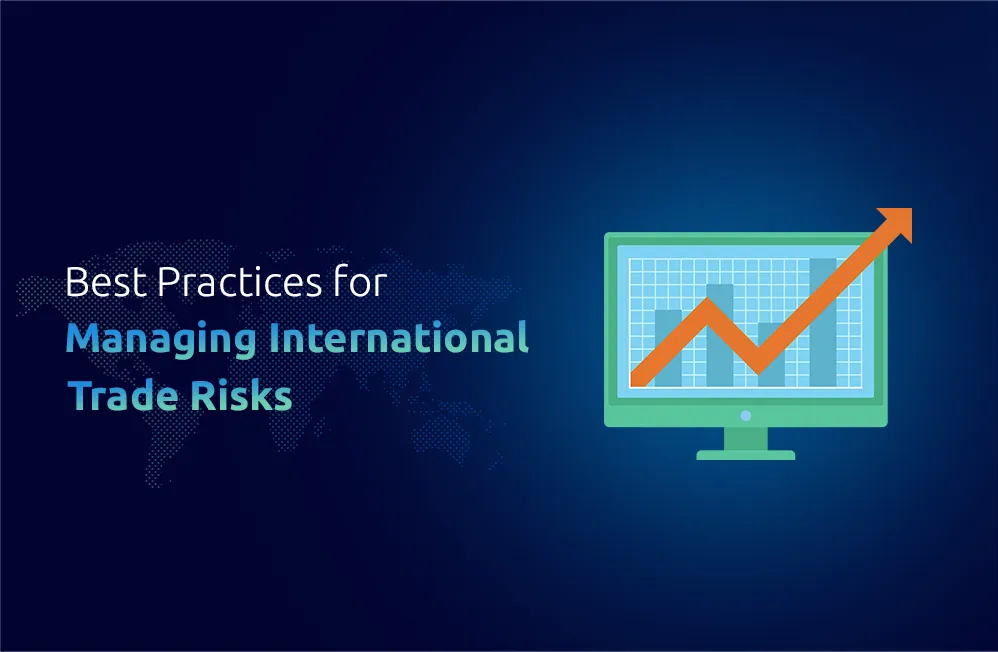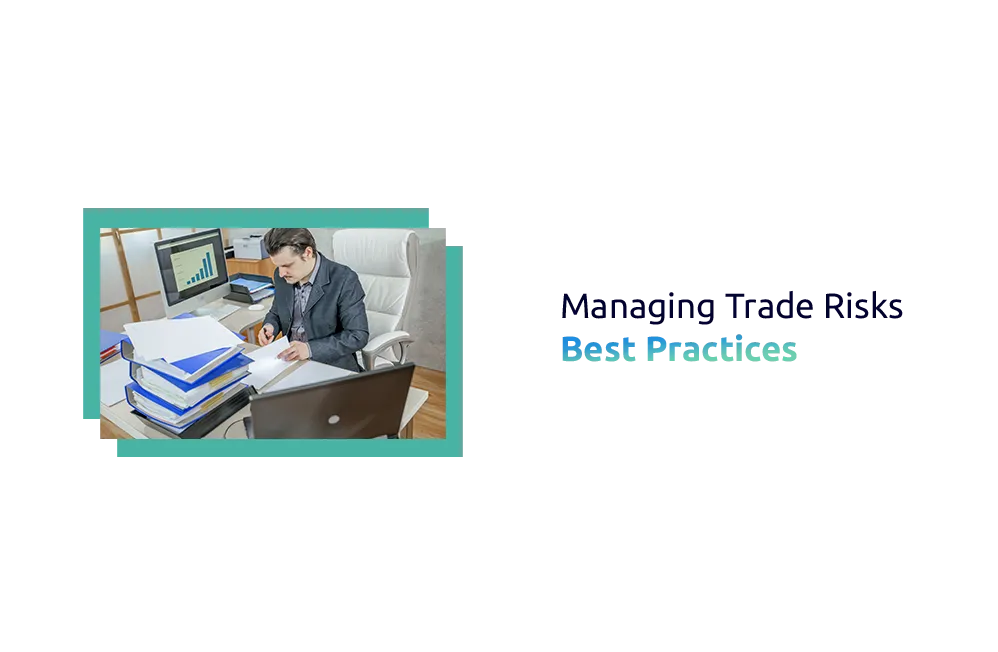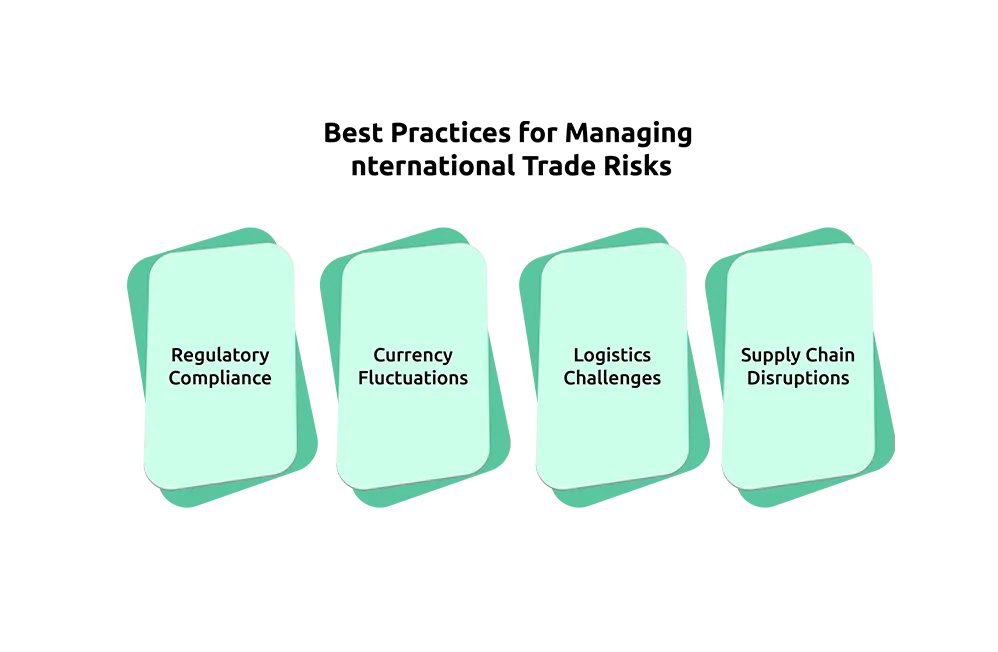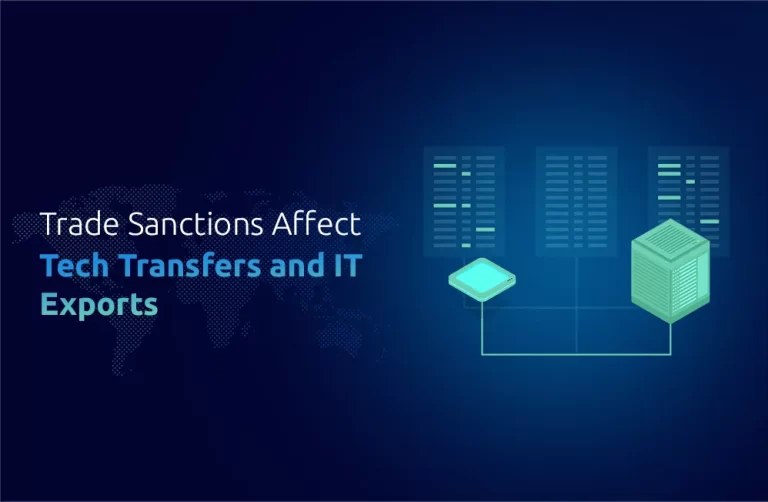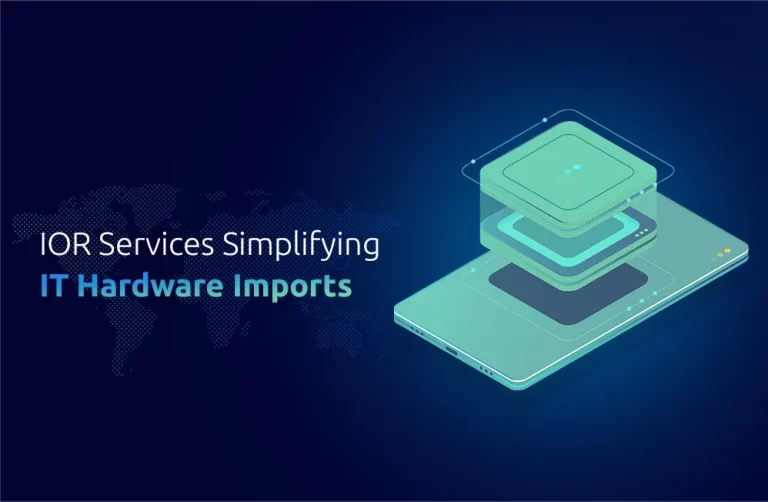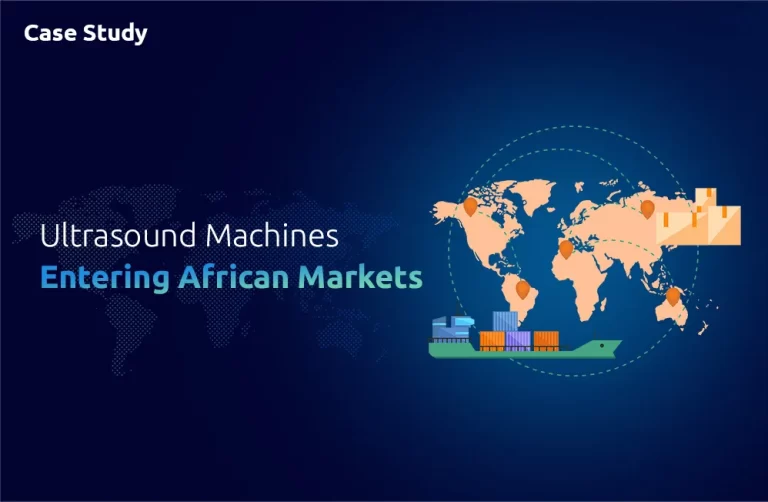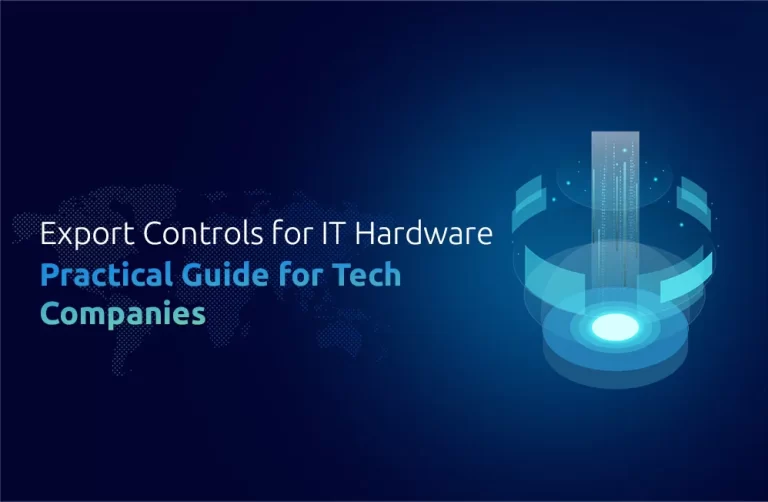Insight
International trade is at the core of today’s globalized economy, particularly for sectors like aviation equipment, medical devices, automobile equipment, and IT infrastructure/data centers. Any trade expansion brings with it inherent risks that must be managed effectively to ensure future transition and stability. Companies operating in these industries face a unique set of obstacles, from shifting regulations and currency instability, supply chain disruptions, and geopolitical tensions to political tensions.
This article delves into effective practices for managing international trade risks across a range of contexts – aviation, medical equipment, automobile equipment, IT equipment, and data centers, among them. No matter whether it’s a small business or a multinational corporation knowing how to mitigate international trade risks effectively is integral for safeguarding bottom lines and long-term success.
Understand the Risk Landscape
International trade involves various risks that can pose threats to businesses in sectors like aviation, medical equipment, IT infrastructure, automobile manufacturing, and data centers. Regulatory risks can be an immense source of anxiety in industries like aviation and medical devices, where compliance requirements may shift unexpectedly. Currency and exchange rate risks present additional difficulties to businesses, with fluctuations increasing operating costs in high-cost industries such as IT equipment manufacturing or automobile production.
Natural disasters, political unrest, and logistical disruptions pose supply chain risks that can cause costly delays for industries that depend on timely deliveries like IT and medical equipment. Geopolitical risks can harm trade agreements, tariffs, and the flow of goods particularly sensitive items like aviation parts and automotive equipment. Market and demand risks arise from changing consumer preferences or global economic fluctuations that impact sales in industries like automobiles or data centres. Recognizing these risks is the first step toward developing strategies that mitigate their effect on international trade.
Industry Best Practices for Risk Management in Each Sector
Businesses seeking to mitigate risks in industries such as aviation, medical equipment, automotive, IT, and data centers should highlight compliance, quality, and strategic planning in their approach to risk management. Aviation businesses should stay current on regulations from FAA and EASA, diversify suppliers, and utilize custom finance tools like letters of credit to lower the threats. Medical equipment requires compliance with global standards like FDA and CE marks, quality control procedures, and working with reliable logistics partners if it is to remain respectful.
Automotive suppliers should focus on monitoring tariffs, managing inventory through just-in-time systems, and using tracking technology to address supply chain challenges. IT equipment makers must safeguard intellectual property rights while implementing robust cybersecurity protocols.
Furthermore, reliable sellers must operate as suppliers. Data centres must comply with data privacy laws like GDPR, invest in infrastructure resilience, and diversify locations to reduce regional disruption risks. Adherence to such best practices will allow companies in these industries to reduce risks, comply with global trade compliance, and operate seamlessly.
Cities and Countries Leading Global Trade
At the forefront of global trade is Hong Kong, which serves as an essential hub for industries including aviation, medical equipment, automobiles, IT infrastructure, and data centers. Hong-Kong operates as a key gateway for trade in Asia, especially in medical and IT equipment. Singapore, thanks to its impressive logistics infrastructure, is an ideal location for the export of aviation and IT equipment and infrastructure.
Germany leads the export of automotive parts due to it’s robust automobile industry and state-of-the-art manufacturing procedures. Silicon Valley in California remains an epicenter for IT equipment and data centre technology. At the same time, Dubai, UAE, stands out as a crucial trade hub for aviation and medical equipment thanks to its strategic location and advanced transport infrastructure. These cities and countries are driving global trade flows across industries worldwide.
Risk Mitigation Procedures | Interconnected Global World
Trade involves innate risks, but businesses can mitigate them by assuming effective risk mitigation strategies. Observing market trends, regulatory updates, and geopolitical events is vitally important for industries like aviation, medical equipment, automobiles, IT equipment, and data centers. Best practices include diversifying supply chains while adhering to rigorous compliance measures & using tools like trade finance & insurance as safeguards against unexpected disruptions. Regular assessments and updates to risk management strategies enable businesses to adapt quickly to changing challenges, remaining resilient in an ever more interdependent global market. By being assertive, businesses can reduce the impact of risks while protecting operations against possible setbacks.
Conclusion
Effective international trade risk managing systems are vitally important for businesses operating in aviation, medical equipment, automotive, IT and data center industries. With global trade becoming more complex every day, businesses face regulatory changes, currency fluctuations and supply chain disruptions. Still, with effective risk mitigation plans in place, they can protect their operations and discover new growth opportunities.
Did You Know that,
As per the World Bank, the global trade reached $19 trillion in 2023 with the significant contributions coming from major trade hubs like China, the U.S. & the EU.
- What are the primary risks involved with international trade for aviation equipment?
Ans: Aviation equipment companies face regulatory risks, supply chain interruptions, and currency fluctuations that can compromise their cost structure and compliance standards.
- How can medical equipment companies manage compliance risks related to international trade?
Ans: By remaining apprised of international regulatory standards, investing in quality assurance measures, and working closely with experienced logistics partners.
- What are the best options for mitigating currency risk when trading IT equipment globally?
Ans: Financial tools such as hedging or forward contracts, can assist businesses in mitigating currency exchange rate risks.
- How are global tariffs impacting the automotive equipment industry?
Ans: Tariffs can add significant expenses when importing/exporting automobile parts, making it essential for companies to closely follow trade agreements and plan pricing strategies accordingly.
- Why is cyber security important to businesses with IT equipment & data centers?
Ans: Cyber security is essential in protecting sensitive business data, intellectual property, & customer data from possible breaches that could cause irreparable financial and reputational harm.

